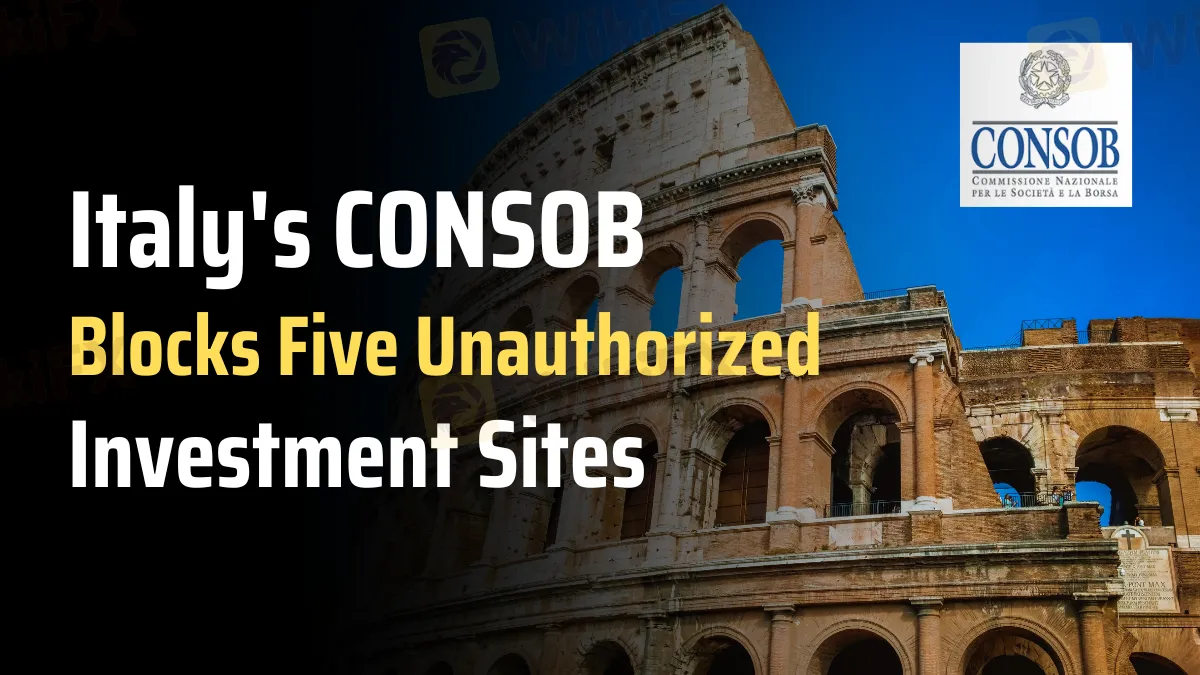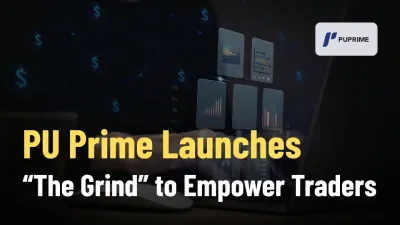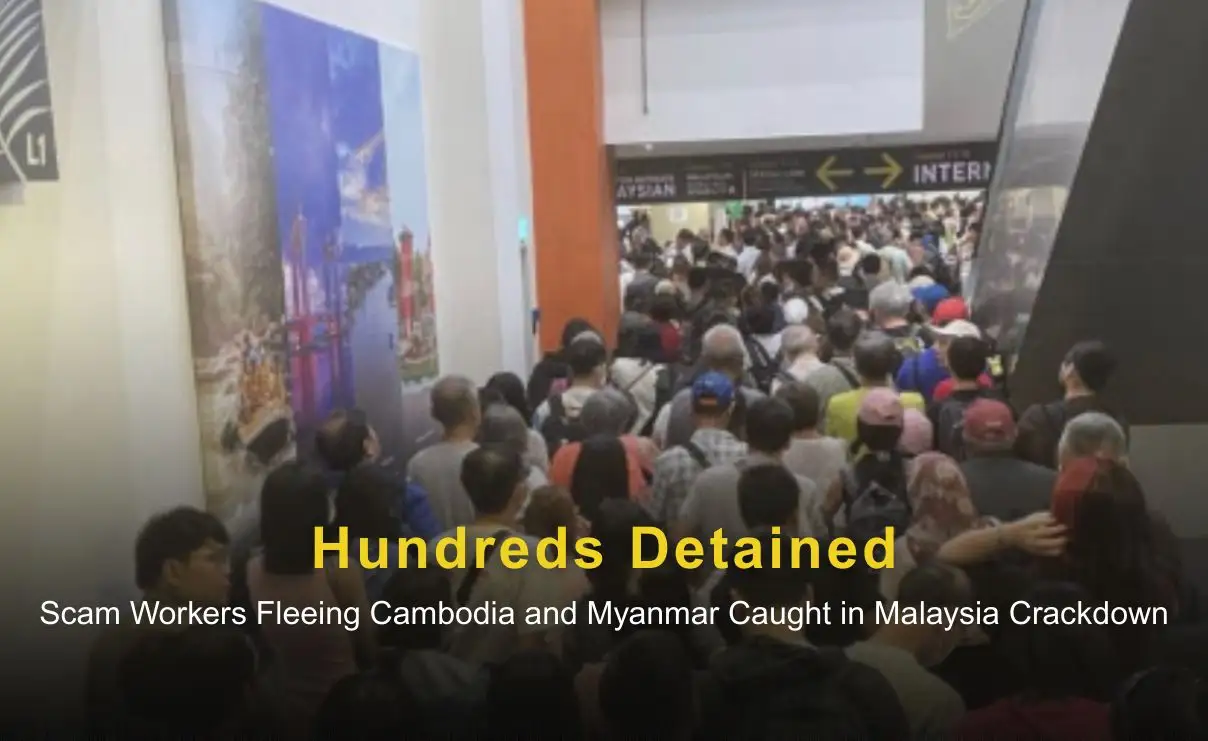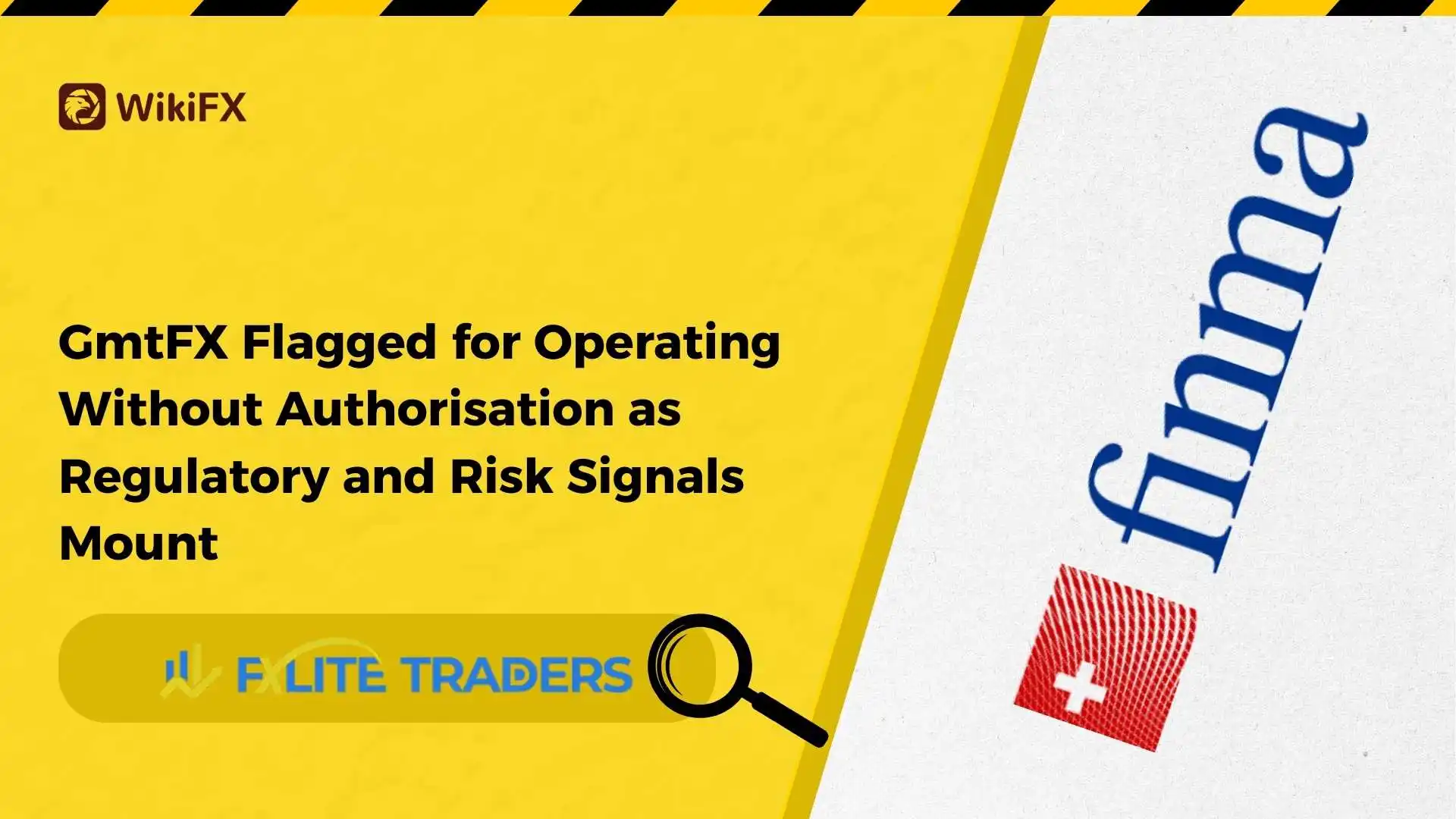PU Prime Launches “The Grind” to Empower Traders
Discover PU Prime’s new campaign, “The Grind,” and learn how trading discipline builds long-term success. Watch and start your trading journey today!
简体中文
繁體中文
English
Pусский
日本語
ภาษาไทย
Tiếng Việt
Bahasa Indonesia
Español
हिन्दी
Filippiiniläinen
Français
Deutsch
Português
Türkçe
한국어
العربية
Abstract:Italy's CONSOB has ordered the blocking of five investment websites for operating without authorization.

Recently, the Italian Companies and Exchange Commission (CONSOB) ordered the suspension of five investment websites that were operating without the necessary permits, stepping up its assault on unlawful financial activity. The “Decreto crescita,” also known as the “Growth Decree” (Law no. 58 of June 28, 2019, Article no. 36, paragraph 2-tendencies), which gives CONSOB the authority to order Internet service providers to impose restrictions on access from Italy to specific websites that provide financial services without authorization, is the basis for this action.
Affected websites include “Sigma Capital” (https://sigmacap.co), “Capitalpartners24” (https://capitalpartners24.eu), “Bcs-gm” (https://bcs-gm.com and related page https://my.bcs-gm.com), “SEGUROFX” (https://segurofx.com and related page https://my.segurofx.com), and “Mestieriplaza” (website www.mestieriplaza.com).
Italian customers may no longer access these websites as part of a continuous effort to protect investors from potentially fraudulent financial schemes.

The Growth Decree gave CONSOB the authority to impose these blockades in July 2019, and since then, the regulator has been successful in blocking off 1084 websites. This latest move comes only a week after the initiative last week, in which four other sites of a similar kind were also taken down.
Due to technological difficulties Internet service providers are facing, banning these websites is a complicated procedure that may take many days to complete. Once in place, however, the block essentially prevents access to these websites from inside Italy.
Investors are advised by CONSOB to proceed with extreme care and to use common sense when making financial choices. The regulatory body underscored the need of confirming the legal authorization of financial service providers and the publication of a prospectus for offers of financial products. These steps are essential for protecting investors' cash from dishonest companies operating online without permission from the authorities.

Disclaimer:
The views in this article only represent the author's personal views, and do not constitute investment advice on this platform. This platform does not guarantee the accuracy, completeness and timeliness of the information in the article, and will not be liable for any loss caused by the use of or reliance on the information in the article.

Discover PU Prime’s new campaign, “The Grind,” and learn how trading discipline builds long-term success. Watch and start your trading journey today!

IG boosts FCA compliance by integrating Adclear’s AI tools. Learn how automation accelerates marketing approvals and ensures regulatory accuracy.

Malaysian authorities have carried out a sudden, large-scale crackdown in Kuala Lumpur, detaining hundreds of undocumented foreigners and suspected online scam workers. The operation signals a tougher enforcement stance, with frontline operators targeted amid a broader regional push against scam networks.

GmtFX has been flagged by Swiss regulators for operating without authorisation. WikiFX data shows no license, low safety scores, and elevated investor risk.
